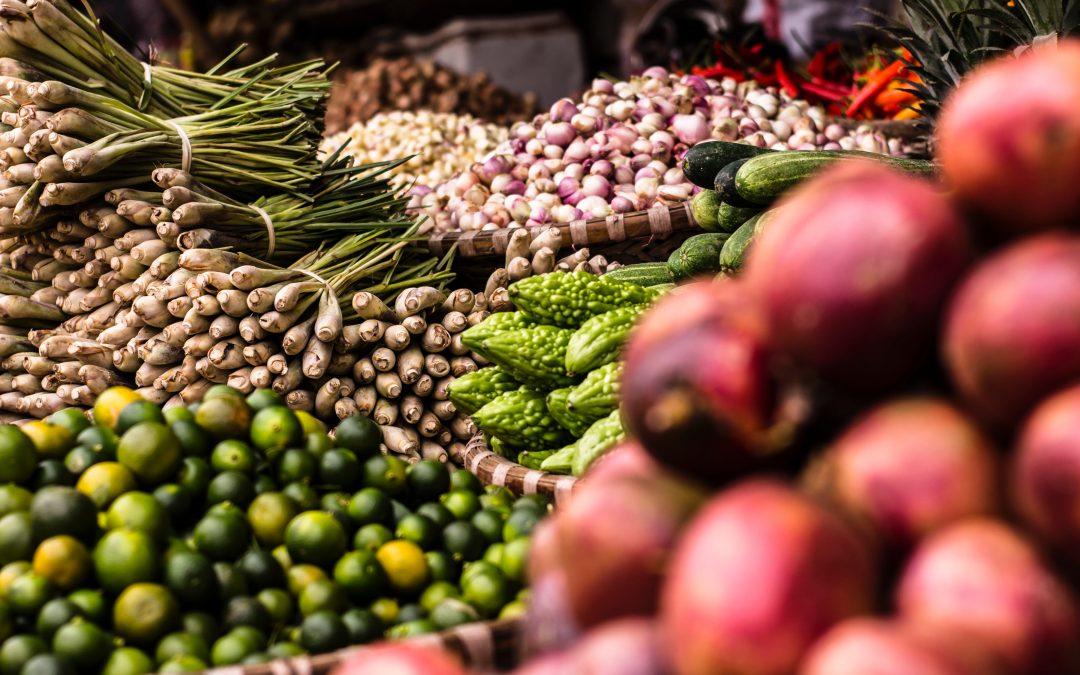Thai cuisine is known as one of the best in the world. It isn’t just delightfully palatable in terms of aroma, flavor, and taste. However, it is also considered nutritious, given the herbs and spices included in cooking.
One plant widely used in Thai cuisine is lemongrass, which has so much nutritional and health value. Lemongrass is a tall, perennial grass in a class of 45 species of grasses. This is native to the tropical and sub-tropical climates of Asia, Australia, and Africa.
In terms of appearance, lemongrass is similar to fat spring onions with a swollen base and woody stalk tightly packed with grey-green leaves. It is unique for its pungent taste and lemony fragrance. When used in cooking for added flavor and taste, it doesn’t only elevate the aroma but also the nutritional value of Thai dishes.
In the following section, we’ll discuss the properties, health benefits, and medicinal uses of lemongrass. Keep on reading to learn more.
Properties
When it comes to Thai cooking, the lower portion of the stalk of the lemongrass is widely used as a herb in Thai cuisine. It is typically cut or chopped to form marinades, soups, or stir-fries. It serves as an added ingredient in curries, fish, poultry, beef, and seafood dishes. It can even be used for brewing tea.
The process of “bruising” or bending the lemongrass several times helps release its flavor when mixed in various Thai dishes. However, it also contains multifarious properties such as antioxidants, therapeutic, and anti-bacterial qualities. That’s why it is effective as a cure for digestive problems and many other common ailments.
Health benefits
There are various health benefits that one can receive from lemongrass. It is all the more effective when combined with other Thai spices such as garlic, chilies, and coriander. One distinct characteristic of most Thai dishes is that they have a mixture of many ingredients and flavors, which includes herbs and spices.
For instance, Thailand’s favorite soup Tom Yum Kung has lemongrass as its key ingredient mixed with other herbs and spices. This particular dish is said to cure common colds, and sometimes even cancer. This is just one Thai dish, but consider all other dishes with fresh lemongrass as a key component in cooking.
Medicinal uses
In line with the therapeutic and health benefits, lemongrass has various medicinal uses which can alleviate certain health conditions and address health problems. Among others, it is proven effective and useful in controlling respiratory-related ailments such as laryngitis, sore throats, or high fevers.
Other benefits
Apart from its health benefits and medicinal value, lemongrass also contains citral as a component used as an aromatic compound in many perfumes. It can exude such a lemon odor for a fragrant factor. The citral present in lemongrass has antifungal properties as well. The same component also enhances the use of Vitamin A with explicit rubefacient properties for improving blood circulation.
Furthermore, lemongrass can be a powerful pain reliever that alleviates muscle spasms by reducing pain-related symptoms in the abdomen, joint pains, muscle pains, digestive tract spasms, muscle cramps, and stomachaches, among others. It is also said to repair damaged connective tissues in ligaments due to the presence of Vitamin A in it. Because of this, it can take care of skin problems such as acne and pimples, and even brighten the skin and eyes.
Having described the wonders of lemongrass, you now understand the special flavor and value it adds to Thai cuisine. However, with the many health benefits, medicinal properties, and practical uses, there’s more to lemongrass than meets the eye.
If you are looking for good food in Bangkok, get in touch with us today to book your table!

